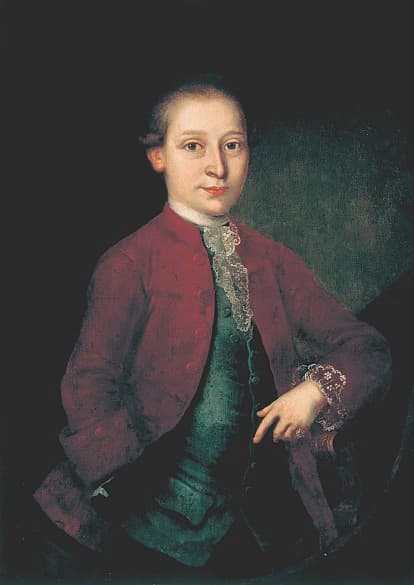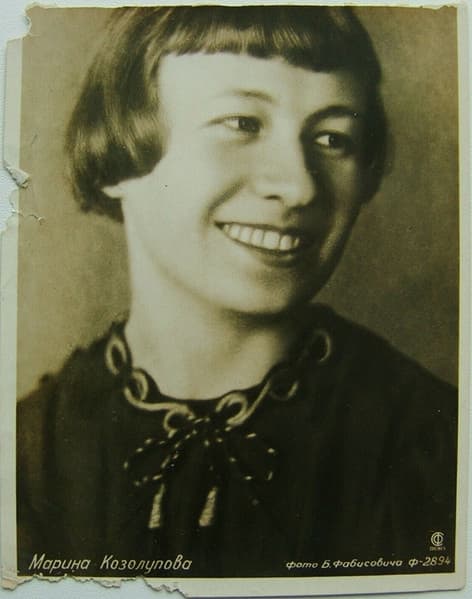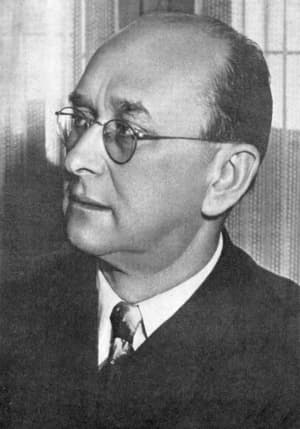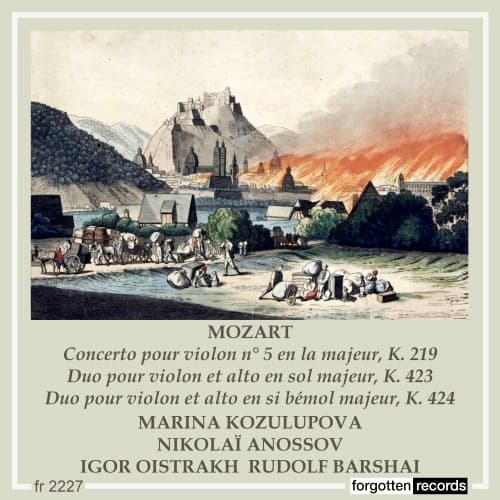by Maureen Buja

Anonymous: Wolfgang Amadé Mozart with a diamond ring, gift of Maria Theresa, ca 1775 (Internationale Stiftung Mozarteum)
Mozart’s concertos are built on dialogues – a constant conversation between the soloist and the orchestra. This is true of his piano concertos as of his violin concertos. Most follow the same pattern: in the first movement, the orchestra presents most (but not all) of the thematic material with an additional theme being left for the soloist to present. The first movements, in sonata-allegro form, also have short development sections, but ones that can be full of surprises in terms of harmonies and themes. Themes may vanish for the development section, only to reemerge in the recapitulation to a greater effect.
Slow movements are built around long, singing, and often complex melodies. The soloist takes the fore, but the orchestra still has a valuable role to play, particularly in the development sections.
The rondo finales are where Mozart lets himself loose. Dance music of the day is used, or perhaps even a traditional melody (Violin Concerto No. 3 introduces a melody called the Straßburger) and in the fifth concerto, an ordinary minuet is disrupted by a Turkish dance scene. One writer referred to these as ‘burlesque inserts’ and saw them as appropriate for the Salzburg scene but not the more refined Parisian music scene. The interjection of the ‘temperamental and gruff’ in a minor key really breaks up the introspection of the minuet.
The Turks had first menaced Vienna in 1529, in their first unsuccessful siege of the city, which was barely defeated by the Viennese. Winter and epidemics helped to defeat the besieging Turks. The Second Turkish Siege of 1683 held Vienna in thrall for 2 months, until the Polish army under King John III Sobieski pushed the Turks out again. The Ottoman wars with southern Europe (Venice and Vienna included) didn’t end until the early 18th century. Although Mozart was writing some 60 years later, the Turks were still a concept to be reconciled with, albeit perhaps only as an uncultured figure of fun, here interrupting a civilised minuet.
These works are Mozart’s last compositions as a violinist. Following this, the new fortepiano caught his attention, and he changed instruments. At one point, in discussing a return to Salzburg, he made it a condition to return as a keyboardist and not a violinist.
This recording was made in 1952, with Marina Kozulupova as soloist, performing with the Soviet State Orchestra under Nikolaï Anossov.

Marina Kozulupova (1918–1978)
Russian violinist Marina Semyonovna Kozolupova studied at the Moscow Conservatory and, in 1937, was awarded fifth prize at the International Ysaÿe Violin Competition in Brussels. She’s noted for her recordings of Beethoven and Bach. She taught at the Moscow Conservatory and became a professor there in 1967.

Nikolai Pavlovich Anosov
Russian conductor Nikolai Pavlovich Anosov (1900–1962) also studied at the Moscow Conservatory, although as an external student in composition. He made his debut as a conductor in 1930 and was active in more remote parts of the Soviet Union, being chief conductor of the Rostov Philharmonic Orchestra (1938–1939) and the Baku Philharmonic (1939–1940). In addition, during these years, he taught at the Azerbaijan Conservatory. Finally, he returned to Moscow in 1940 and taught opera and symphony conducting at the Moscow Conservatory. One of his students was his son, Gennady Rozhdestvensky. He was an active promoter of 20th-century foreign music and Russian music of the 18th and 19th centuries.

Performed by
Marina Kozulupova
Nikolaï Anossov
Soviet State Orchestra
Recorded in 1952
Official Website